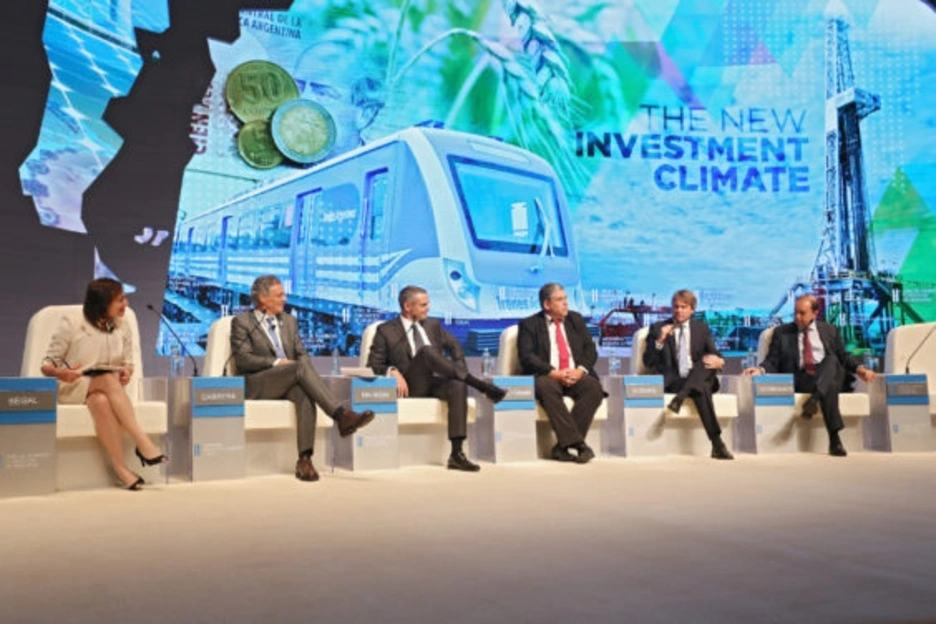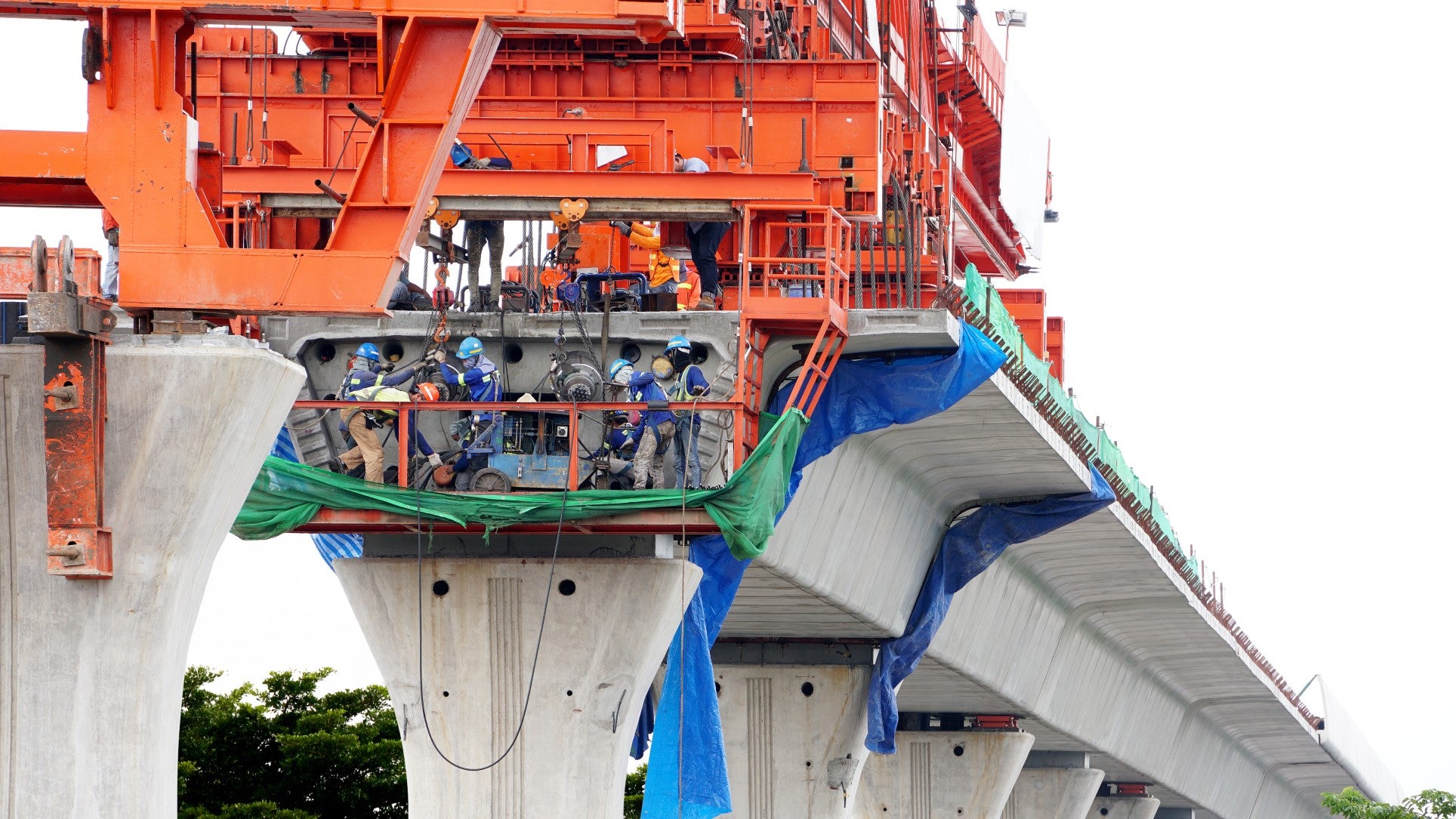How Argentina can attract the private sector

We are beginning to see the first fruits of the government’s labor. The holdout resolution for sovereign debt holders has begun to welcome investors, as have decisions to reduce restrictions on trade and capital flows and float the exchange rate. Such efforts may channel a reduction in interest rates in pesos and revitalize local credit, which has the potential to complement external financing in the long-term.
In the mid-term, the stability of the fiscal situation continues to challenge the public and private sector, a trend which is moving in the right direction. This should result in the improvement of country risk perception and credit ratings, which today is at B-. An improvement in this space will allow international lenders to reduce their provisioning levels and thus cheapen credit.
Argentina is also seeking to close its infrastructure deficit. Its public-private partnership framework is before Congress. Legal and financing structures that make projects bankable will attract the private sector. This coupled with a stabilizing of the power sector from a financial perspective could catapult further investments.
Argentina is also seeking to complement its existing supply of shale gas and oil and expand energy to stimulate its economic production capacity. The first renewable energy tender, RenovAR, aims to invest at least $1.5 billion. The government has sent a clear signal that it intends to encourage renewable energy generation.
This week, the Financial Times reported that the world has hit a record $290 billion in renewable energy investments. Costs in the sector are falling rapidly. The International Energy Agency published that renewable energy projects have captured their highest-ever share of global investments in the industry. While these trends hint we are on the right track, the report highlighted that global investments in renewables must triple to meet Paris targets. Governments, donors and investors are getting behind this push to multiply the resources available for renewable energy. Argentina offers fertile ground.
The Inter-American Investment Corporation’s successes in solar and wind in Chile and Uruguay will help us navigate this nascent market in Argentina. As the private sector arm of the IDB Group, we have a portfolio of 16 projects and $183 million in outstanding investments in Argentina. We have another $600 million in our pipeline that we hope to execute in the next years. Our pipeline is focused on renewable energy and transportation infrastructure, in addition to financial institutions which on-lend to SMEs, many of which are led by women.
As investors from the private sector and multilateral development banks target infrastructure in Argentina, we should not finance just any infrastructure. We should commit to focus on sustainable infrastructure. Climate change is real, and projects that take into account these risks perform better and last longer.
At the IIC, we are looking to participate in deals in mass transit that take thousands of cars off the road, and in renewable energy that bring tens or hundreds of megawatts of renewable energy on line. We want to contribute to sustainable cities. We want to make sure Argentina cannot only compete in the 21st century but can also create a social and environmental landscape for the generations to come.
LIKE WHAT YOU JUST READ?
Subscribe to our mailing list to stay informed on the latest IDB Invest news, blog posts, upcoming events, and to learn more about specific areas of interest.
Subscribe



